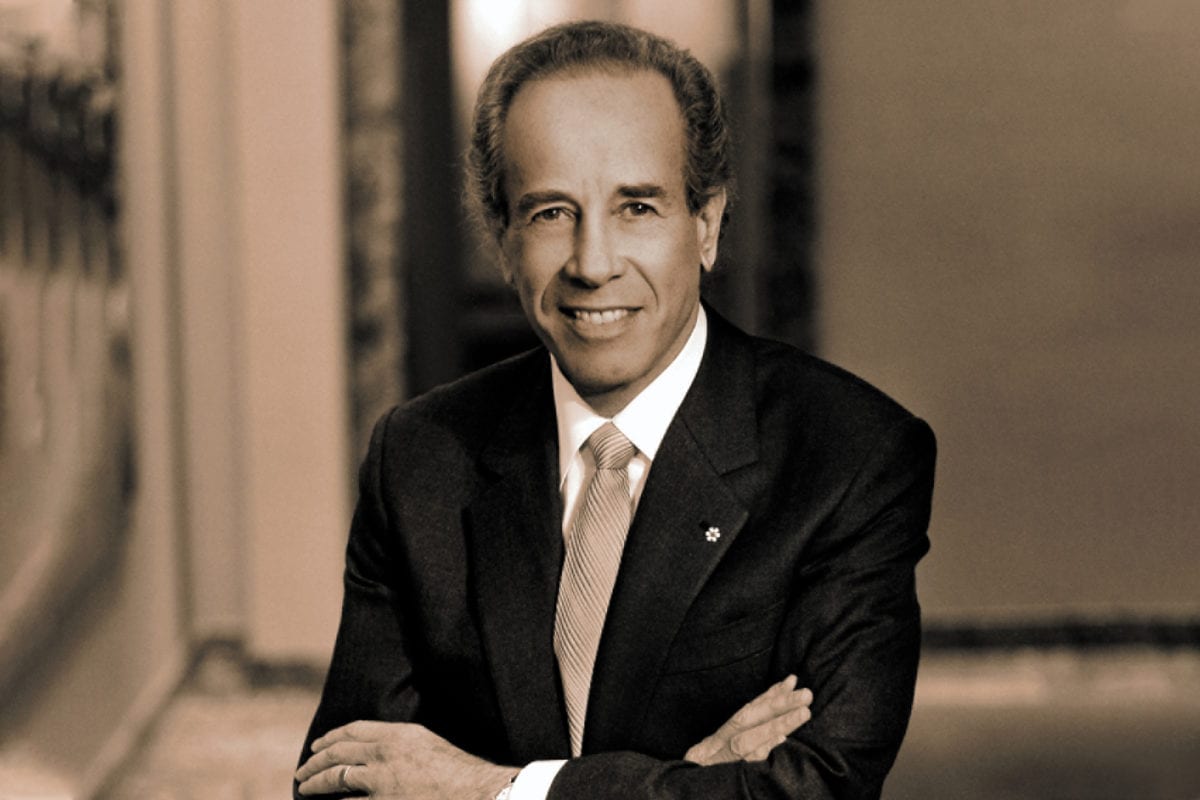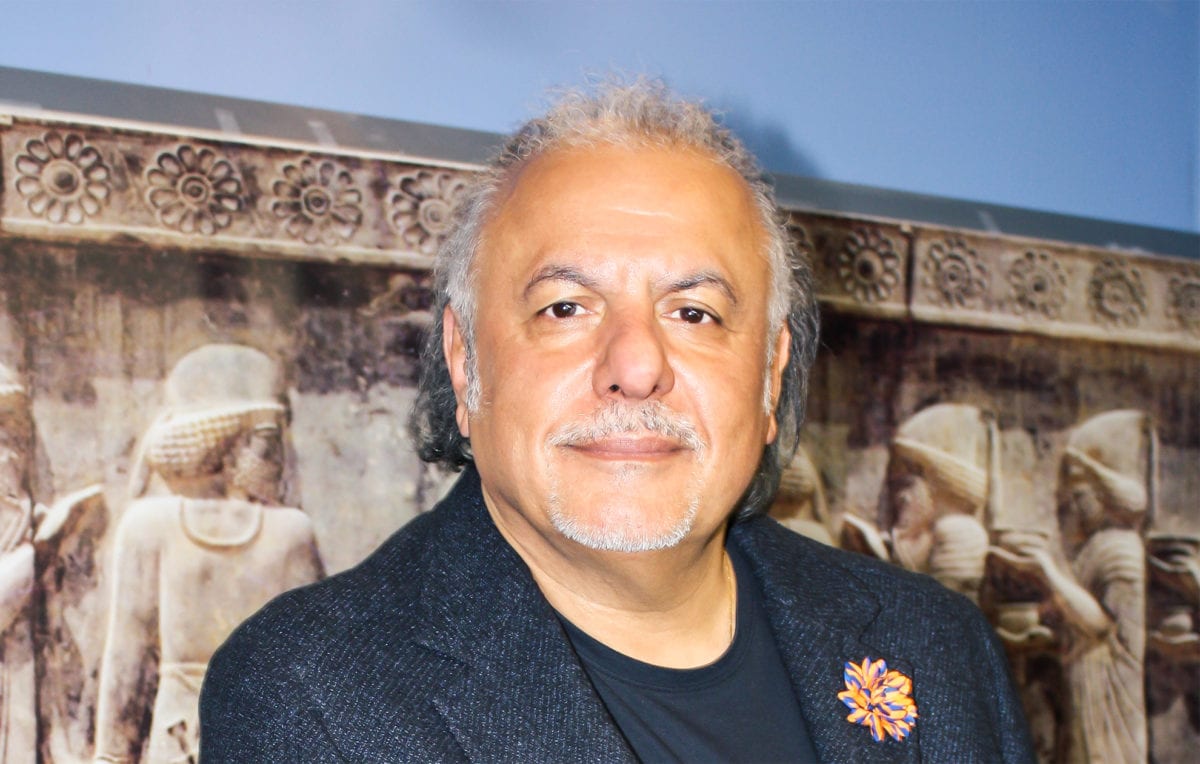“Excellence is an art won by training and habituation. We do not act rightly because we have virtue or excellence, but we rather have those because we have acted rightly. We are what we repeatedly do. Excellence, then, is not an act but a habit.” – Aristotle
As we near the Fall of 2018, how many of your New Year’s resolutions have you managed to fulfill? Some? None? The most common New Year’s resolutions involve losing weight, quitting smoking, and sticking to a budget; all healthy and worthwhile goals, yet less than a third of Canadians report achieving them. Why do so many people struggle with goal achievement? How can we improve their success rate?
Thanks to the integration of psychology and brain-imaging technologies over the past 20 years, researchers are gaining access to previously-hidden connections in the human brain and examining relationships between biological factors and behaviour. Scientists today have a better understanding of what happens in the brain when people are successful and when they fail to reach their goals.
In detailing some of the myriad effects of success on the brain, Ian Robinson, author of The Winner Effect: The Neuroscience of Success and Failure, notes that success can be intoxicating, like an addictive drug, and cause neurological changes; it increases the levels of testosterone and dopamine in men and women, and can also act as a tranquilizer, reducing high levels of cortisol, similar to the action of some antidepressants. Over the long term, some people handle success by becoming more aggressive, selfish, and entitled.
Modern society puts tremendous emphasis on the outward trappings of success. Fame and affluence are held up as the pinnacle of achievement, with material wealth viewed by many as the primary indicator success. Empowerment, however, can help us transcend those illusory images of accomplishment that so often hide lives of loneliness, pressure, and quiet desperation.
Leading an empowered life means living a life where change is possible, where choice, instead of mindless habit, dictates destiny. Empowerment begins with the realization that the locus of power is within us, within our own dreams and wishes. Whether the goal is to lose weight or earn a promotion, it’s vital to our wellbeing that we build positive habits.
In ‘The Neuroscience of Leadership,’ a 2006 article published in strategy+business, David Rock and Jeffrey Schwartz discuss methods to create effective and lasting change at both personal and organizational levels. Among the methods that do NOT work, they cite:
Behaviourism
This carrot-and-stick approach of reward and punishment reinforces brain pathways associated with the problem behaviour and works only in the short-term, or not at all.
Humanism and Empathy
The brain rebels at well-intentioned attempts to reason with it, just like a two-year-old child. Instead, Rock and Schwartz recommend the following as the most effective way to implement change:
Focus
“Focus is power.” Paying attention to your own problem behaviours creates powerful neurochemical changes in the brain. The practice of mindfulness can change individuals and societies. Negative habits can be powerful; they often get in the way of achieving goals. However, researchers recommend against attacking problem habits head-on.
For example, let’s say Maria meets her co-workers for lunch every day and has a doughnut afterwards. It would be ineffective for Maria to try to break her doughnut habit directly. What she could do, instead, is focus on the problem and ask herself what need is being met. She may find that she enjoys the feelings of friendship. She can then create new, positive habits that fulfill her need for camaraderie but that don’t involve fried dough. Maybe she can convince her co-workers to accompany her on a jog after work, or she could suggest that they take turns bringing in healthy desserts.
Change is intensely uncomfortable for many people. A change in habits can trigger an error signal in the brain, causing people to become stressed, emotional, impulsive and to regress to their former habit, opting for immediate gratification rather than engaging in long-term planning. It’s vital that we practice self-compassion during these times and not be too hard on ourselves.
Our bodies function on habit. When we’re learning to drive, the new information is stored first in our working memory. As we become more skillful at driving, that knowledge moves to an area of the brain that oversees habitual behaviours. Driving becomes more automatic and natural.
Similarly, brushing our teeth at night, turning on our workstations in the morning, and mindlessly eating while watching television all switch on the habit system in the brain, a way of conserving metabolic energy. This system is ancient, powerful, and entrenched. Is it any wonder we find it so difficult to change?
If we can bring self-compassion, mindfulness and focus to the creation of positive new habits, we stand a good chance of breaking negative patterns. We’ll discover that staying true to ourselves while achieving success is not only possible, but likely. Once the correct habits are set, the sky’s the limit!
Nezha Boutamine |Contributing Writer















